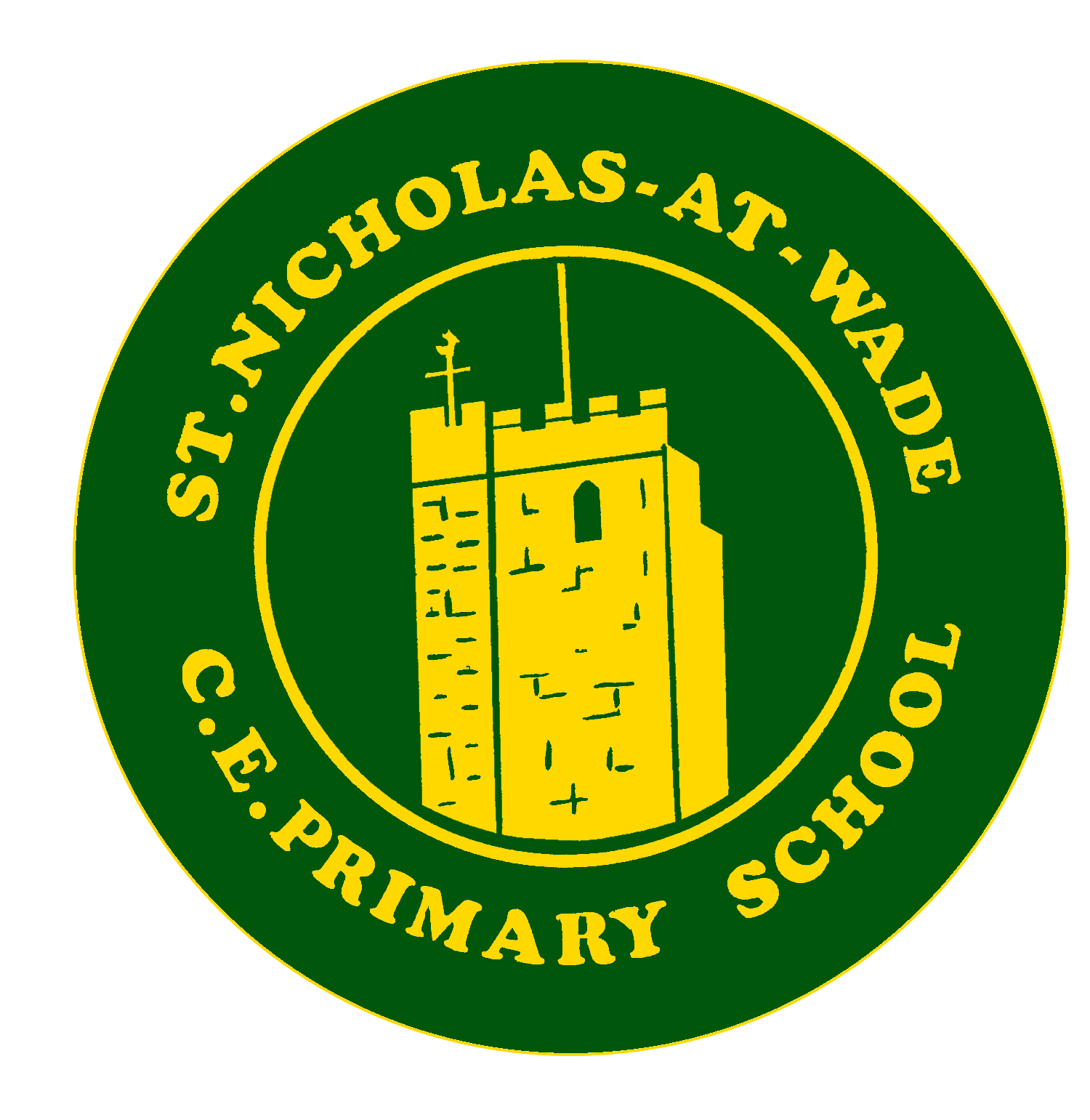|
As a school, we have adopted ‘Cornerstones Maestro’ as tool for planning and assessment of our science (and foundation) curriculum in school, which reflects the objectives set out by the National Curriculum 2014 Programme of Study for History. Skills, concepts and knowledge will always relate to the National Curriculum and suggestions have been made to teachers about how the History can be taught through specific Cornerstones topics so that the children’s learning is cross curricular and full coverage is met throughout the school. Each year group will cover units of work, as shown in our ‘History Long Term Plan’.
A cross curricular approach is encouraged where possible so pupils will experience History through a range of subject areas and themes.
Through our History Curriculum, we aim to inspire in pupils a curiosity and fascination about Britain’s past and that of the wider world. A high-quality history education will help pupils gain a coherent knowledge and understanding of Britain’s past and that of the wider world. Teaching should equip pupils to ask perceptive questions, think critically, weigh evidence, sift arguments, and develop perspective and judgement. In ensuring high standards of teaching and learning in history, we implement a curriculum that is progressive throughout the whole school for the development of history knowledge and skills. For younger children in Early Years and Key Stage 1, this incorporates changes in living memory, and learning about the lives of significant people and events of the past. In Key Stage 2, the focus broadens out to Britain’s early history, how it has influenced and been influenced by the wider world, in addition to understanding the significant aspects of the history of the wider world through ancient civilisations and empires. History helps pupils to understand the complexity of people’s lives, the process of change, the diversity of societies and relationships between different groups, as well as their own identity and the challenges of their time.
As a whole school we will annually mark and reflect upon key Historical events including Remembrance Day, Guy Fawkes Day.
Assessment in History is completed through Cornerstones to identify gaps that are then reflected upon and built upon on a termly basis where topics/themes have included history curriculum elements.
|
